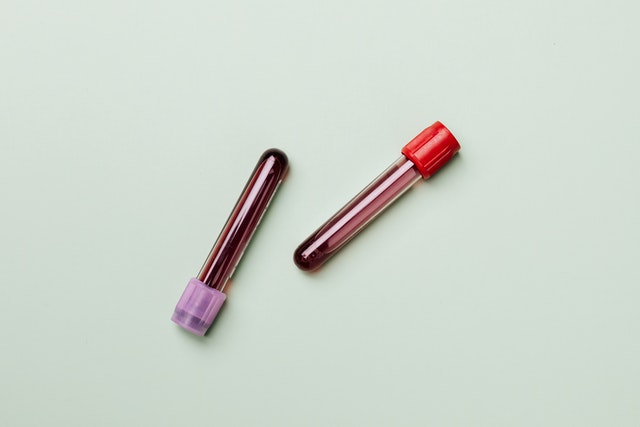
Your doctor may order a blood test for numerous reasons. Routine yearly checkups, as well as new patient intake processes, usually require a blood test. This gives the doctor a baseline for your levels and a snapshot of your overall physical health at the time of the test.
This means that most of us will have a blood test at some point, often at least once a year. To ensure that it goes smoothly, and the numbers are as accurate as possible, you should know what to do before a blood test. These steps are not only for the sake of the test but for your comfort – many of these steps are about making your blood test easier for you to get through your busy week.
Remember that these instructions cannot cover every situation. The most important steps will come from your health professional, who knows your situation and will tell you how best to prepare for your tests. You can book your blood test appointment here.
Step #1: Diet accordingly
Blood tests often measure sensitive bodily processes related to metabolism, hormones, glucose levels, and liver functions. The results can be affected by eating or drinking too close to the test. Though most tests will not be impacted by a drink of water or black coffee, a meal or even a coffee with added calories like cream and sugar could change your results.
If you ate or drank within 8 hours of your blood test, talk to the healthcare professional administering the test. They may reschedule you for a later date. At the very least, make sure to tell your doctor that you cheated on your diet instructions so that they can interpret your results accordingly or reschedule your test.
Step #2: Know your test
This goes with dieting, but there are even more in-depth preparations required for certain tests. For example, you need to know if you can take prescription or OTC medications before your test as well as other requirements you may not even think about until you ask. Another example would be cortisol tests, which often recommend resting and relaxing before the test and avoiding meals and exercise.
Before changing your schedule or stopping any of your normal medication use, talk with your doctor about the restrictions on your scheduled tests. Not only medications but even OTC vitamins and supplements can affect certain tests, so be sure to tell them everything you are currently taking.
Step #3: Hydrate
Hydrating is a very important component of a stress-free blood test. Drinking water does not affect most results, even fasting glucose panels, and water has numerous benefits to offer.
If you stay hydrated, you will feel less stressed, as well as less likely to feel lightheaded after your test. Drinking water can even help your test professional find a vein to draw the blood, preventing them from having to poke you twice to complete the test.
Step #4: De-stress
Stress can be a significant issue with blood tests. Stress can cause you to hold your breath during the test, which can only contribute to feelings of fainting. Additionally, being stressed both while you’re waiting and when you’re having blood drawn is emotionally taxing.
Sitting still and breathing deeply can make your wait and your test go more smoothly. Look up how to perform “diaphragmatic breathing” to use breathing to de-stress. It involves breathing into your belly rather than your chest. When done properly, you can fill your lungs and slow your heart rate at the same time.
Step #5: Distract yourself
Prepare for your wait at the office by bringing a book or your phone as a distraction. It can help you be less stressed and make the wait seem shorter, which will make you less nervous.
Additionally, bringing a snack and a drink for after your test is a great idea, especially if you’ve been fasting and have to drive yourself out of the office. A snack will get your blood sugar back up and help ensure you don’t feel faint.
The Takeaway for What to Do Before a Blood Test
There are many types of blood tests that require unique preparation. However, these 5 steps can be used in any of them as a general way to reduce anxiety and improve the outlook of your test.
Speedy Sticks is a mobile concierge phlebotomy service that provides at-home blood draws and on-site diagnostic/health screenings for businesses and individuals. One of these tests is a blood test which can be performed by one of our specialists. Book an appointment today.
*This content is for informational purposes only and is not meant to replace consulting with a healthcare professional. Please consult with your primary care physician or healthcare provider before engaging in any services offered by Speedy Sticks.
**These are approximations, and experts disagree on some values. Consult your healthcare provider for recommendations suitable for you. It is also important to ensure the levels are given in the same measurements, such as mg/dL, etc.




